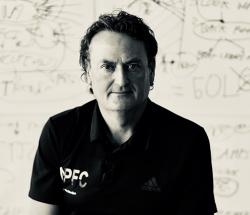Albert Puig: American Soccer is Growing and Players Are Becoming More Intelligent Each Day.
Albert Puig is a former FC Barcelona Youth Technical Director and now the Assistant Coach of New York City FC. A globally respected leader in player development, Puig’s famed La Masia developed the likes of Andres Iniesta, Gerard Pique, and Lionel Messi. Puig is the founder of APFC Courses – a program to help educate soccer coaches.
SPECIAL limited time offer for SoccerToday Readers – take Albert Puig’s APFC first Masterclass Secrets of an Elite Soccer Coach for FREE to all your readers. That is 100% off. Just use SOCCER2DAY code at checkout.
What are the big differences in youth player development around the world? Does player development have to be so different in San Diego than in Barcelona?
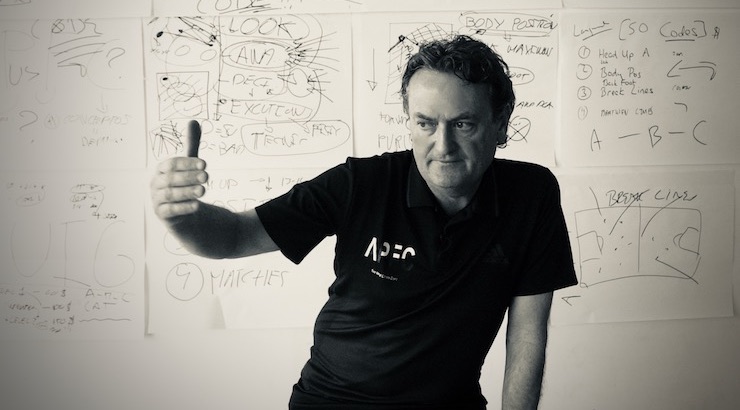
FOOTBALL CONCEPTS FROM SAN DIEGO TO BARCELONA
During the 2nd week of June, an APFC team traveled to Barcelona to participate in the Cerdanyola Cup, a well-known youth soccer tournament that, year after year, sees important La Liga youth teams competing against international teams as well as local Catalan teams.
This year, the competition included teams from Real Madrid, RCD Espanyol, Celta de Vigo, SD Huesca, Deportivo de La Coruña and Zaragoza, amongst others. The tournament is organized specifically for U14 age group, including players born both in 2005 and 2006.
APFC participated in the Cerdanyola Cup with a team of players from San Diego.
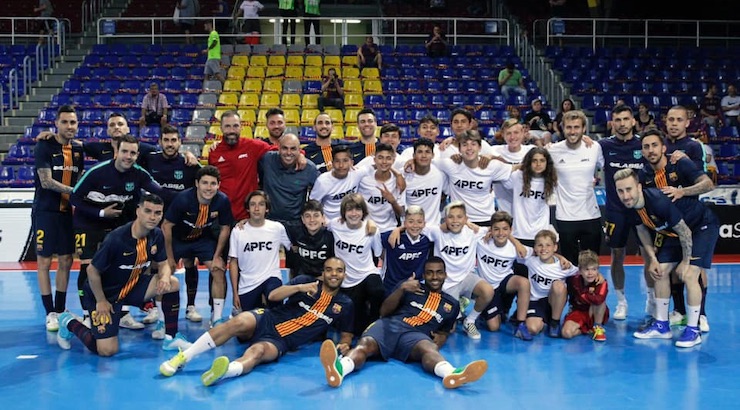
We need to mention that APFC is not a club but a private venture focused on the development and betterment of American soccer players.
Acting as a complement for soccer clubs, APFC helps the players to improve their understanding of the game by providing them with a well-built structure of concepts which specifically target key technical and tactical actions required to efficiently play the beautiful game.
In its short time, APFC already has over 100 players following this methodology and the best kids for 2005 and 2006 age groups were given the chance to showcase their talent and learnings in one of the most competitive environments for that age.
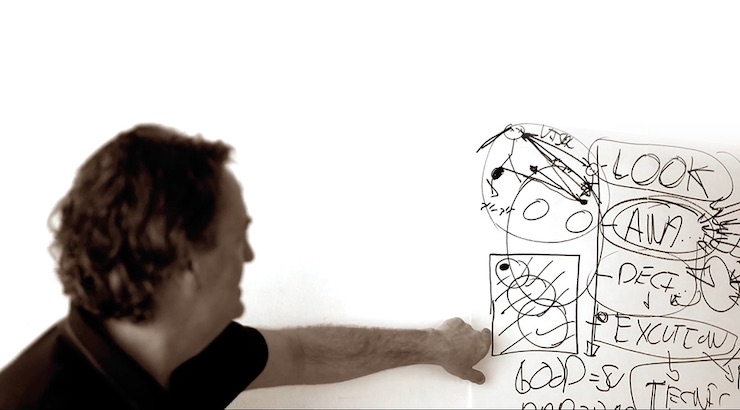
APFC players traveled together with APFC’s co-founder, and head of methodology, Bernat Franquesa who is responsible for developing the technical guidelines for the player’s development program. Franquesa was accompanied by Shawn Beyer, the prestigious youth national team scout, Brian Hiatt, coach at Rebels SC and Leo Camargo, head of the strength & conditioning division at APFC.
In Spain, the team was welcomed by Miki Lladó, current U19 Head coach for CE Sabadell, who is also a regular collaborator of the organization (including the e-services and the online coaching course offered by APFC).
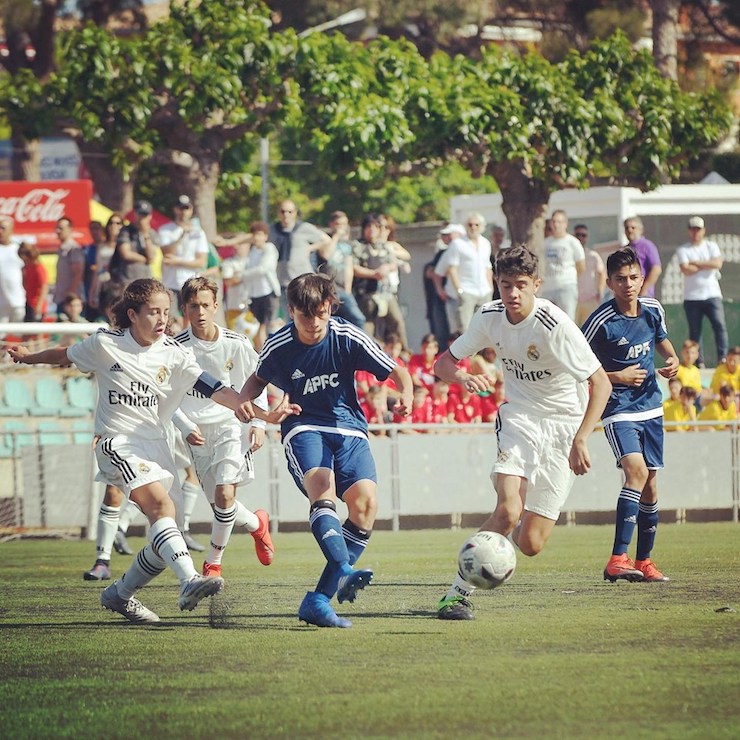
Before the tournament, the APFC team had a short preparation period where they played three friendly matches against 2004 teams. The outcome favored the Californians and the team got 2 wins. This exposure was the first positive sign to what would later be outstanding participation in the tournament. The team already proved its capacity to play the associative style and made very clear their deep understanding of the positional play that APFC teaches.
In the group stage, the APFC team played against UE Lleida, the host team Cerdanyola FC, and the Spanish powerhouse Real Madrid.
After obtaining 4 points out of 9, the most impressive achievement was the draw between APFC and the 13 times UEFA Champions League winners, thus securing their spot in the next stage.
Simply amazing.
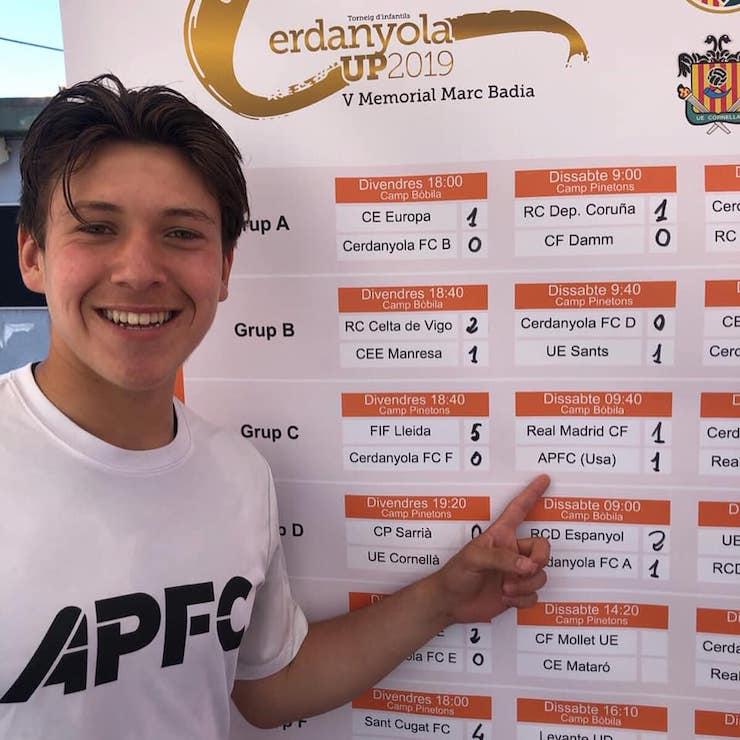
The team was defeated in quarterfinals after losing in the penalty shootout against Real Zaragoza. The Spanish side had not been able to break a 1-1 draw against the Americans.
Overall, APFC players were undefeated against all La Liga teams they played against and such achievement was noticed by the tournament’s organizing committee which awarded APFC with the tournament revelation.
This international competitive experience provides insight into the development of American youth players. Important conclusions can be made, that if provided with the right tools and information, American youth soccer players can soon reach a level where no opposing team will ever feel confident of winning the match.
The days of competition against an American youth soccer team and assuming an easy win are gone.
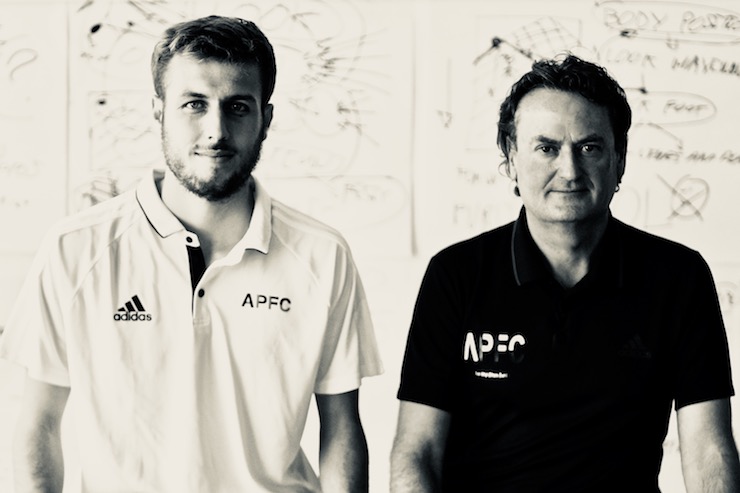
According to APFC’s co-founder Bernat Franquesa, United States youth footballers have the same potential as any Spanish elite youngster.
“The potential of the youth players is the same, as the cognitive capacity is not affected by being Spanish or American,”
Bernat Franquesa, APFC’s Co-Founder
“But the cognitive development is influenced by the quality and specificity of the information we provide to them,” said Bernat Franquesa, APFC’s Co-Founder of APFC.
“APFC is at a level and we explain complex ideas through simple words —and the player gets right what he has been getting wrong during so many years,” said Franquesa.
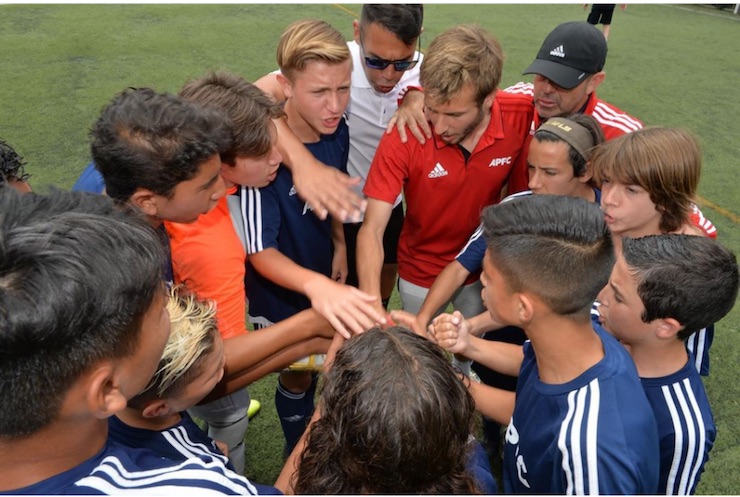
“Soccer is complex enough to forget the most basic details that will decisively influence the capacity of a player to succeed at the higher levels,” said Franquesa.. “Everyone is missing that.”
“We all go for the tactics, the system or the adaptations we see in Peps Guardiola’s Manchester City or Jurgens Klopp’s Liverpool on TV. But what about the inputs a player needs to process and organize the information,” asks Franquesa.
We are just in California, but this is the starting point of what is to come. We aim to help all the young players in this amazing country.”
Bernat Franquesa, APFC’s Co-Founder
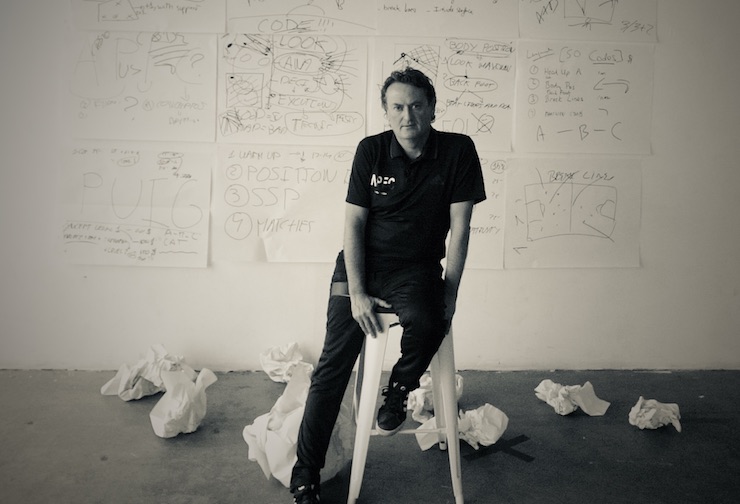
What Really Impacts The Game:
This trip also leaves high expectations on how associative style and positional play wins the battle over direct soccer.
The associative style has always been the best platform to develop players in the right environment.
The reason is that it provides players with many more playing inputs.
Positional style is great for developing players — winning is a result of adequately implementing this style and having the players understand it and believe in it. And it actually makes sense. It is about being the protagonist and having the ball, move it forward and, most importantly, keep it and use it to dominate the rival.
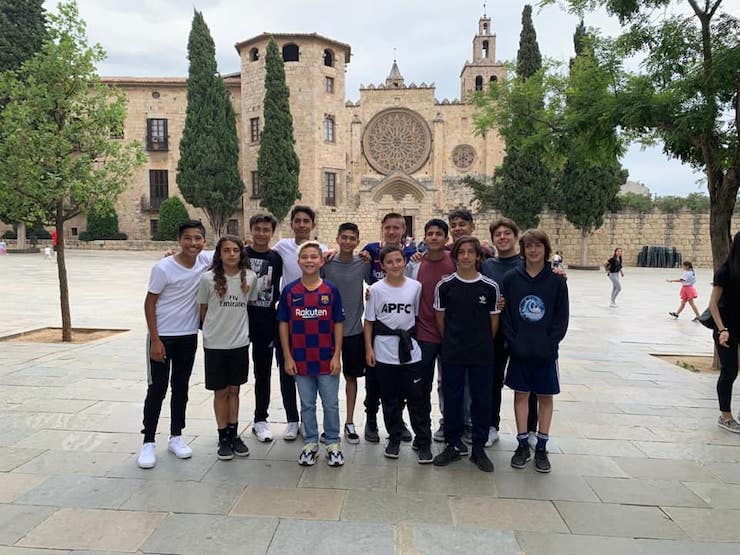
American soccer is growing and the good news we have is that players are becoming more intelligent each day.
We have seen the benefits of such a trip and our target is to organize as many as we can and provide American youth players with the right opportunity to show who they are and to prove how good they can be.
Present and future.
Related Articles: PROS AND CONS BETWEEN YOUTH SOCCER IN THE USA AND EUROPE and ALBERT PUIG ON DEVELOPING BETTER YOUTH SOCCER COACHES

